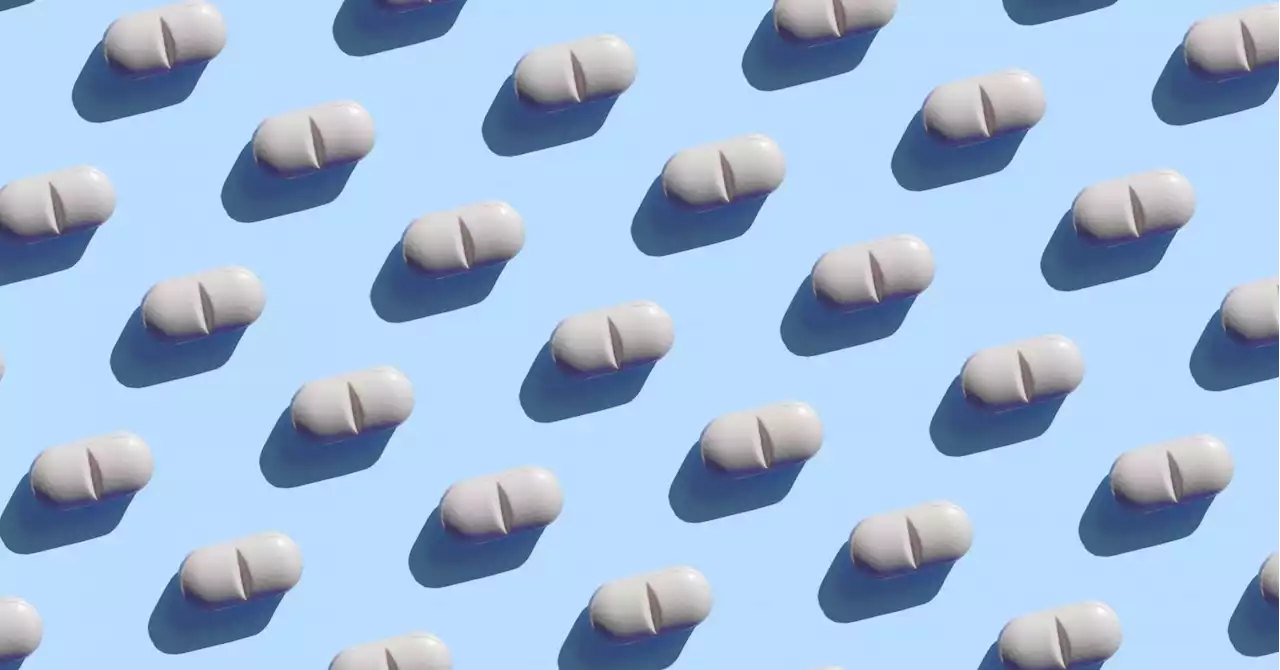When Elizabeth McCafferty started taking the acne drug Roaccutane, she hoped it’d clear her skin in months. But soon, she was struggling with bladder issues that had long been ignored.
, which is essentially when a UTI becomes a long-term issue. It’s usually caused by a previous infection never quite clearing up with a long enough course of antibiotics.
Even after coming off the acne medication, I was still having trouble. I was prescribed the pain beta blocker amitriptyline to try to manage the spasms from the potential interstitial cystitis, and was advised to take an antibiotic after sex as a preventative measure against future UTIs. “It was probably just a perfect storm. Genetic predisposition to cystitis, active inflammation, then drying of mucous membranes with Roaccutane and more acidic urine,” she explains, adding that this kind of reaction “is very rare and personal to the patient.”It’s important to stress, Dr Dhoat says, that while this has been a very difficult and disappointing experience for me, Roaccutane might be a really positive experience for other women with endometriosis.
